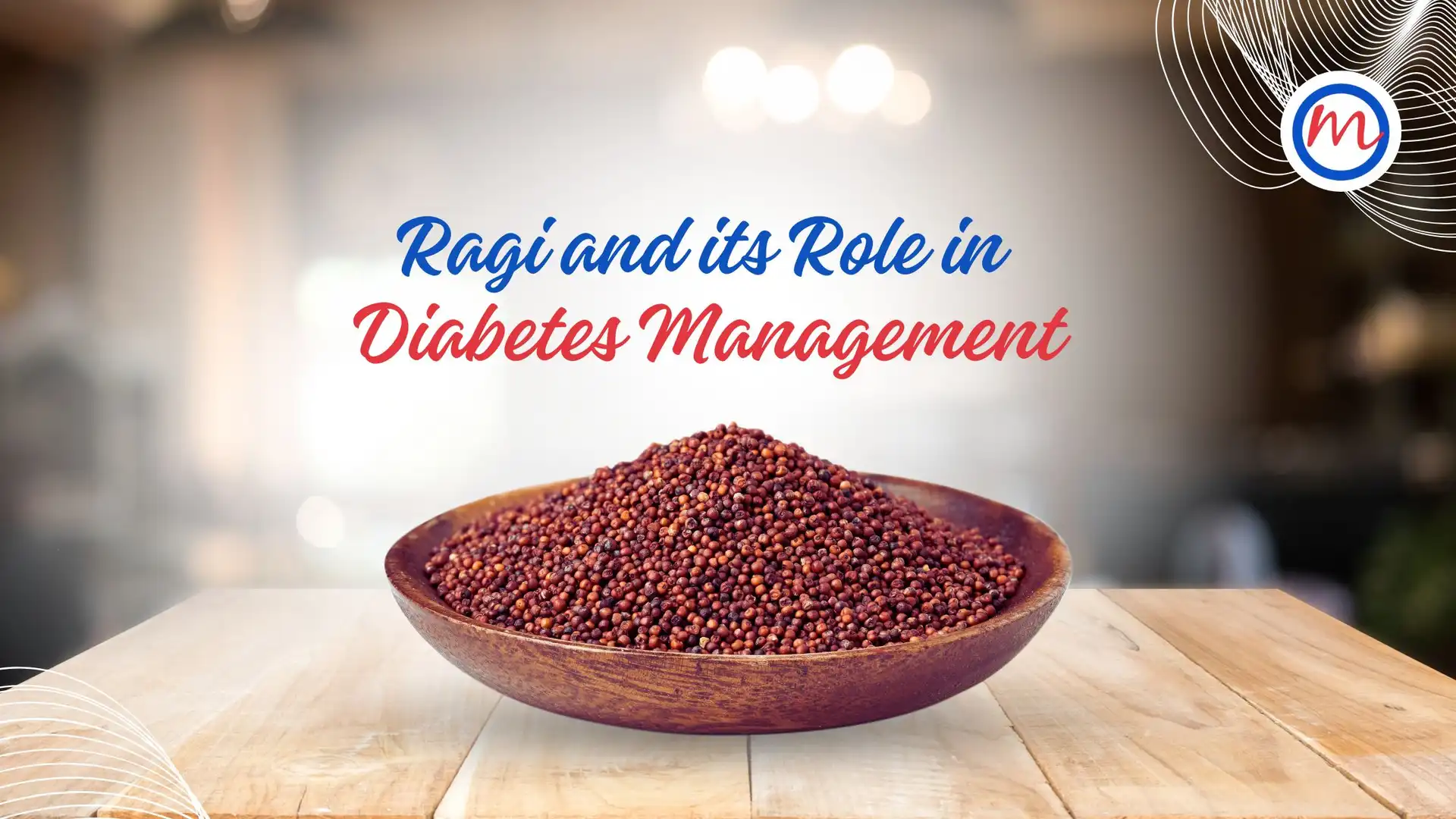“A physician’s job is so monotonous,” Dr. Viswanathan Mohan, celebrated diabetologist, scientist and business leader, had told his father way back in 1968. Just a teenager then, he had added, “Just seeing patients the whole day will bore me to death,” as his father, Professor M. Viswanathan, India’s first diabetologist, tried to cajole his firstborn to continue his legacy.
Exactly, 50 years later, as Dr Mohan received the prestigious Dr. Harold Rfkin Award for Distinguished International Service in the Cause of Diabetes, bestowed by The American Diabetes Association in June 2018 at Orlando, Florida, US, the audience of 15,000 global diabetes experts broke into thundering applause.
“I sat there, experiencing chills and gooseflesh, finding it incredible that I had traversed a journey remarkable enough for a global stage,” Dr Mohan writes in the Prologue of his book, Making Excellence a Habit: The Secret to Building a World-Class Healthcare System in India (Penguin Random House, March 2021).
The journey started on that muggy summer evening of 1968 when he submitted to his father’s wish. But how he reached the global spotlight was the thought that made Dr Mohan write his autobiography: “What were the factors that contributed to the success I had achieved in my life? I was overcome with a great desire to know for myself, and to share…what had worked for me, and what hadn’t.” So that those “with similar dreams” or kindred journeys “could find strength and solace” in his story.
Why do doctors write? From Geoffrey Chaucer to Oliver Sacks, Atul Gawande to Siddhartha Mukherjee, physicians have been picking up the pen to unravel the complex world they navigate. Or to escape the numbness that accompanies the profession. As technology and managed care minimize the time doctors and patients spend together, as medical students memorize and process information more and more, the need to use writing, narrative and the humanities to develop empathy and self-reflection has grown into a worldwide movement today.
Dr. Mohan is aware of the need to bridge the gap between literature and medicine. Is it by chance that he starts with his childhood dream to be a writer? “I pacified myself by thinking that I could still fulfill my ambition of becoming a writer, even if I took up medicine.” And he spent his MBBS first year at the Madras Medical College reading English classics and poetry, he writes. Dr. Mohan’s commitment to the humanization of medicine goes deeper. He dedicates his book to young doctors or young students who may want to be doctors (or, is it to the memory of the boy that he once was?).
The book reads like the personal journey of a man, a very successful man. But there is a subtext throughout the book that reflects a vicarious dialogue inside the conscience of the medical fraternity. In reality, Dr. Mohan is addressing one of the most complex crises of our time: the disconnect and unmet needs between doctors and patients, doctors vis-a-vis the state, the business of healthcare, technology, cost and competitiveness, litigation and malpractice.
The dangerous mistrust for doctors has manifested during the Coronavirus pandemic, pushing the medical profession into an existential crisis. Across the nation, doctors treating coronavirus patients have come under attack—unthinkable earlier. News of doctors being stoned, heckled or abused by patients, as also by random mobs, have surfaced. Healthcare workers have been threatened with ostracisation by neighbors and eviction by landlords. Dr. Mohan has not touched upon this. One can only look forward to his thoughts and insights in the future.
At the centre of the book is the pledge that doctors make to society and the profession when they first don their white coats. Dr. Mohan goes back to the fundamental skills of a physician, that is getting eroded by the excessive use of technology, tests and procedures—that may not have a net positive effect on patients. “I could, with reasonable accuracy, diagnose what type of diabetes a patient walking into my office had,” he writes, something that astonishes his students now.
In the chapter, “Combining Entrepreneurship with Ethics and Empathy,” Dr. Mohan compares today’s doctors with their peers in the past—jovial, friends of the family, who listened carefully to the patient’s story and made on-the-spot decisions: “Today’s doctors hardly feel the need to use the stethoscope or their medical-school-acquired clinical skills and are heavily dependent on laboratory investigations and sophisticated equipment.” From a solitary doctor then, “sometimes the business takes precedence overhealing” now, he observes (although he refuses to take a stand).
Is it his dissatisfaction with the crises of medicine that has pushed him toward service to the community and country? For the last five decades, Dr. Mohan has worked relentlessly to promote diabetes healthcare in India. He is one of the few practicing doctors in India, who has contributed to research, education and charity in such a large measure. He has not been content with a flourishing practice, but focused on rigorous research, conducting the first epidemiological studies on diabetes covering the whole of India. And this has led him to engage with the larger community, with the prevention of diabetes in mind.
One can read Dr. Mohan’s book at many levels. One can read it as the inspiring journey of one of India’s premier-most diabetologists, who made the world take note of India. With numerous accolades from the nation and the world, this journey has elevated him to the rank of one of the top 0.4 percent of global research scientists in his chosen field of Endocrinology and Metabolism as it has made him a prodigious business leader, with 50 clinics across 10 states in India.
One can read it as a journey into the mind of a humane physician, who exudes positivity, optimism and upbeat energy. A doctor who—as he makes excellence a habit and builds a world-class diabetes healthcare system in India—also offers motivational guidance: “I encourage all my patients…to support their healing with positive reinforcement and allow the power of the mind to help them achieve the desired results. And I continue to be amazed by the results obtained.” He talks about “learning to laugh,” about “achieving the greater good,” about “spirituality” enriching his life.
One can also read it as a love story. Embedded within the story of his successful journey, there are unexpected love stories. One is a narrative of love, of marriage, of family, and of loss: his wife, best friend and soul-mate, Dr Rema Mohan, whom he had met in medical school and lost to cancer in 2011. He portrays her enchanting personality in every chapter. She is the mirror he is talking to and she is a presence that captures all of our hearts. We grieve when he grieves.
There is also a spiritual love story, with his guru, Bhagwan Sri Sathya Sai Baba of Puttaparthi, whom he adored and again lost—within weeks of losing Dr Rema in 2011. Is Bhagwan Sathya Sai Baba who was earlier the convenor of the Sri Sathya Sai Trust Tamilnadu. Sri Sathya Sai Baba’s guidance—“Doctors should serve the poor with the spirit of sacrifice. There is no greater service than this”—that he has followed. His commitment has been recognized: he is a member of Sri Sathya Sai Central Trust and its convener. To the public, he presents a unique persona, combining science with spirituality.
Finally, the book is a story of a physician’s love for his profession. He inherited it from his father, his “medical guru,” and has grown to love the ability of a doctor to change lives for the better. Dr Mohan never admits this “love,” but it is there on every page. Rich with wisdom, advice, compassion, humor and micro-stories, it’s a book written gracefully and in an endearing style. There are no technical jargon to slow down the reading experience here, no complex medical concepts to build barriers between the writer and the reader.
Visually, too, the book is a delight—with an eye-catching cover and numerous vignettes of a life richly lived, enriched by special people from numerous walks of life: spiritual, social, cultural, academic, sports, corporate to personal. Compulsively readable, inspirational and insightful, this great saga of success, service and hope stands tall.



